Tony Liu became interested in Falun Gong when he was a high school student in China. But after attending a peaceful protest against the communist government for its crackdown on the movement in 1999, he says he spent two years in detention.
"I was not permitted to sleep, I was not allowed to use the toilet for days, they attacked my body, whipped me, all for the purpose of trying to get me to denounce Falun Gong," he told SBS News.
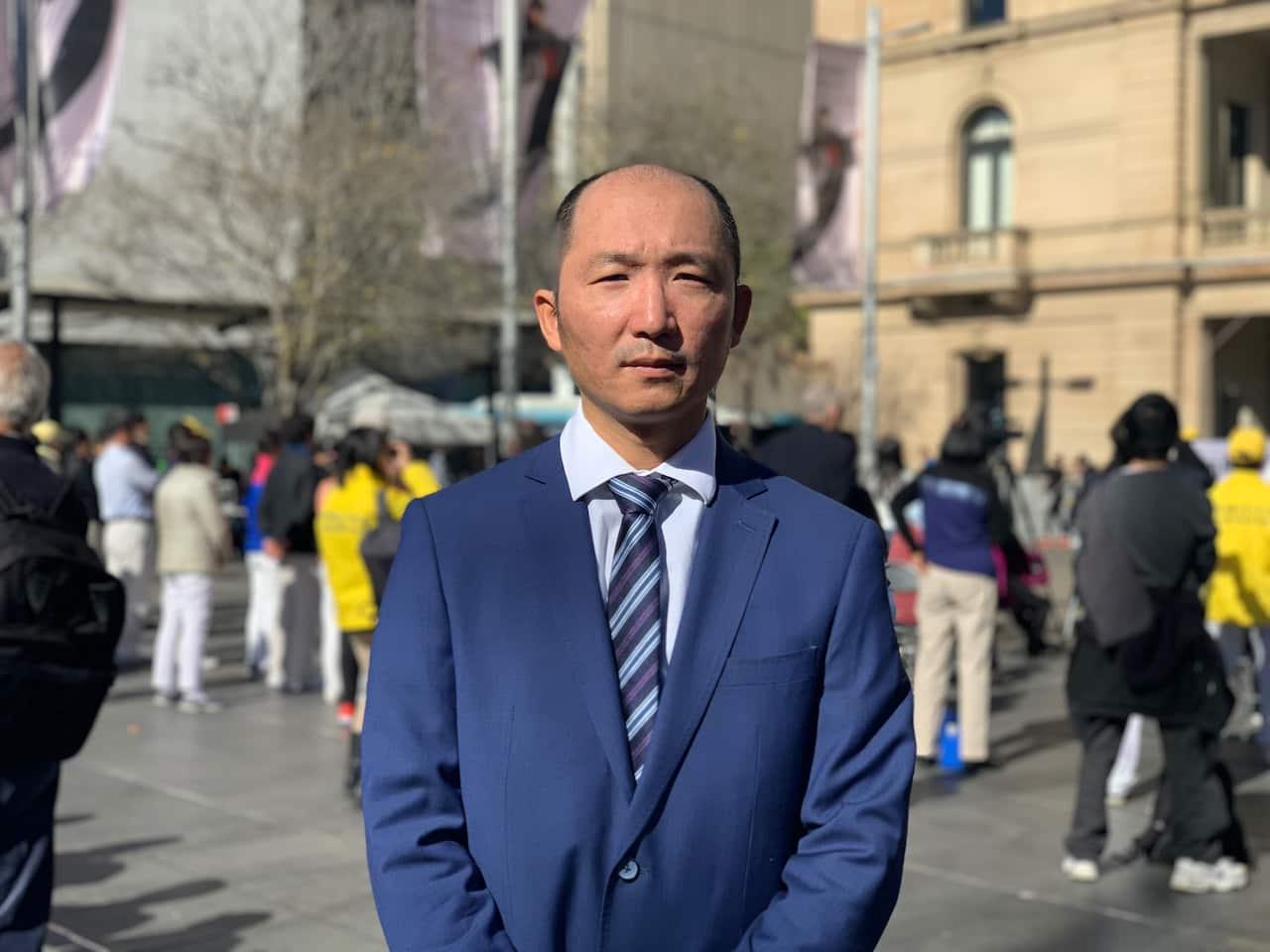
"One day I remember very clearly, they didn't take us to hospital to get a health check, instead they took two vials of blood from each of the inmates in jail ... and provided no explanation."
Joey Huang was a PhD student in his 20s living in Shanghai when he was sent to a labour camp, a few years after joining Falun Gong.
"They made me lay down on the ground, they just hit me repeatedly until I was out of breath," he said.
"I remember feeling like I would rather die."
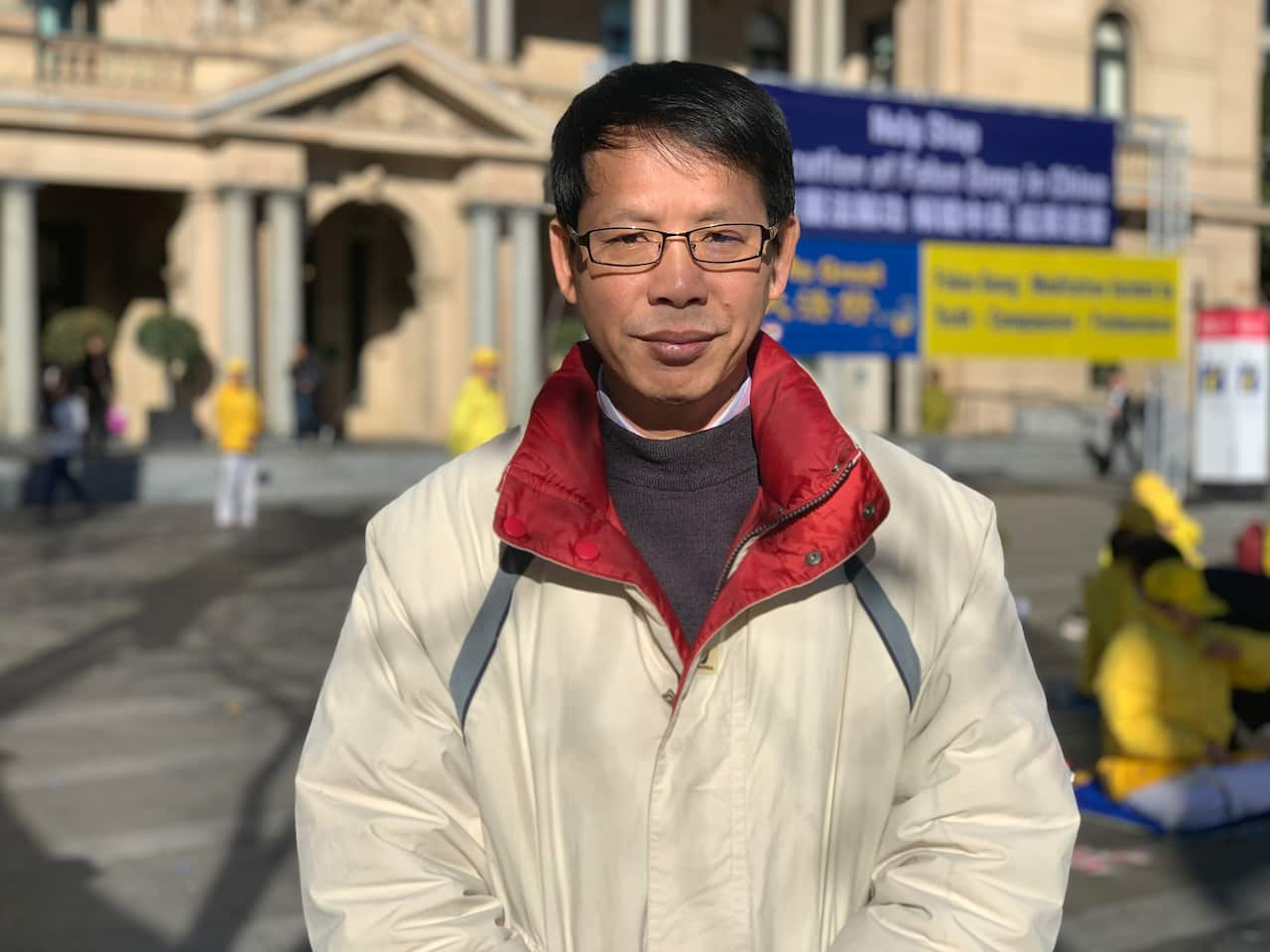
Both men gathered in Sydney this week to mark 20 years since Falun Gong was outlawed in China, on 20 July 1999.
What is Falun Gong?
The Falun Gong movement, founded in 1992, is a spiritual practice drawing on China’s long tradition of qigong, a regimen of controlled breathing and gentle physical movements.
It was banned by China seven years later after 10,000 of its members appeared at the central leadership compound in Beijing in a silent protest.
Beijing has condemned the movement, labelling it an "evil cult", and has jailed thousands of its members.
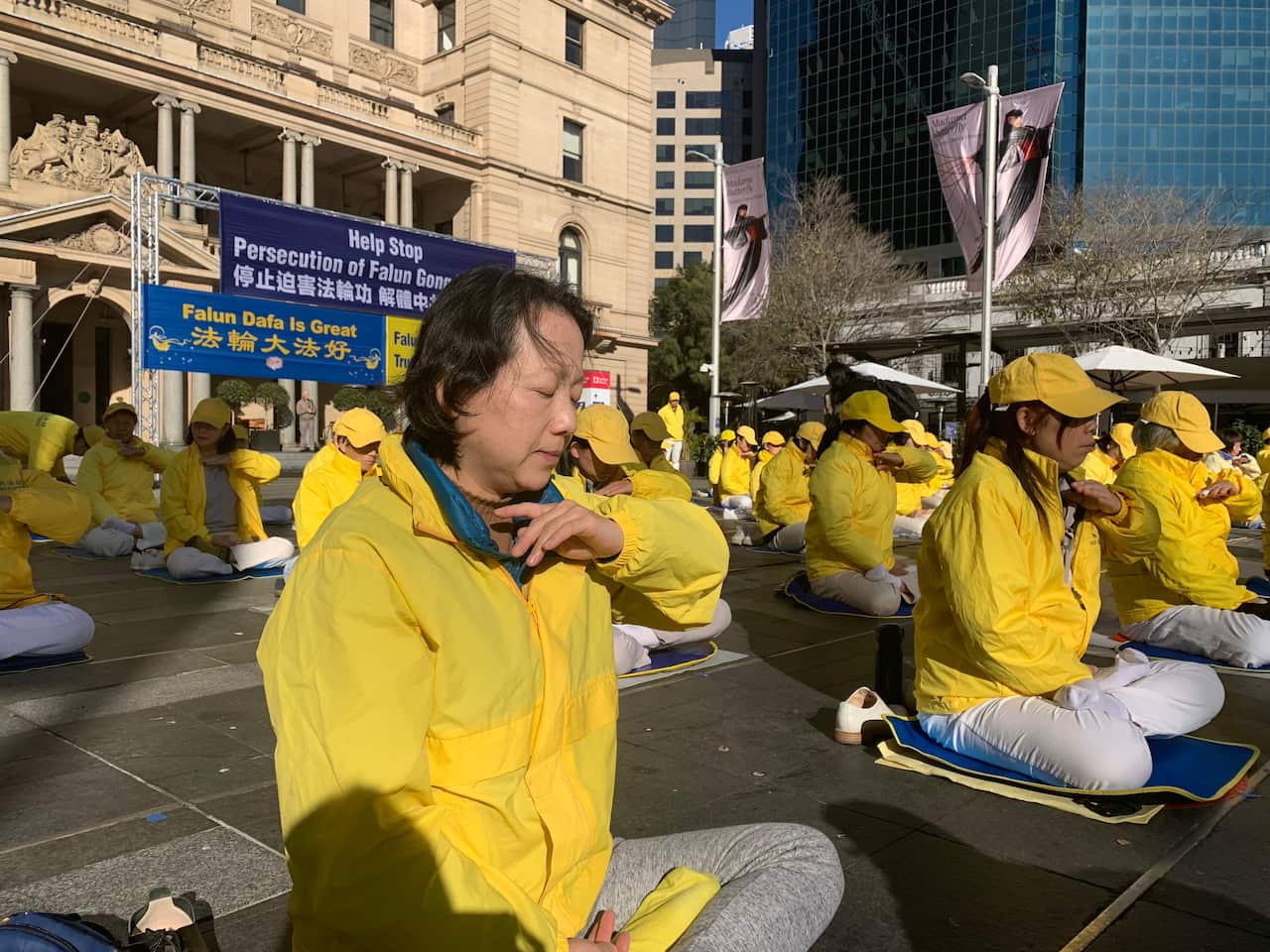
Lucy Zhao, president of Falun Gong Australia, disagrees with Beijing's claims.
"I would just say 'cult' is not defined by the government, you have to judge it yourself," she said.
"Falun Gong is traditional Buddhist school meditation, that has the principles of truthfulness, compassion and tolerance.
Allegations of organ harvesting
For years, Falun Gong's leaders have also accused Chinese authorities of forcibly harvesting the organs of its members, a claim which has been repeatedly denied by Beijing.
Last month, a tribunal of independent experts carried out an investigation into the allegations in London. The panel was set up by a campaign group against transplant abuse, the International Coalition to End Transplant Abuse in China.
The tribunal found it was "satisfied" the practice was still taking place, with imprisoned Falun Gong members "probably the principal source" of organs for forced harvesting.
Wendy Roger, a professor in clinical ethics at Macquarie University, who gave evidence at the tribunal, says there is credible evidence of continuing abuse.
"I have found that there is overwhelming evidence that forced organ harvesting from prisoners of conscience is occurring in China, there is no evidence it has stopped," she said.
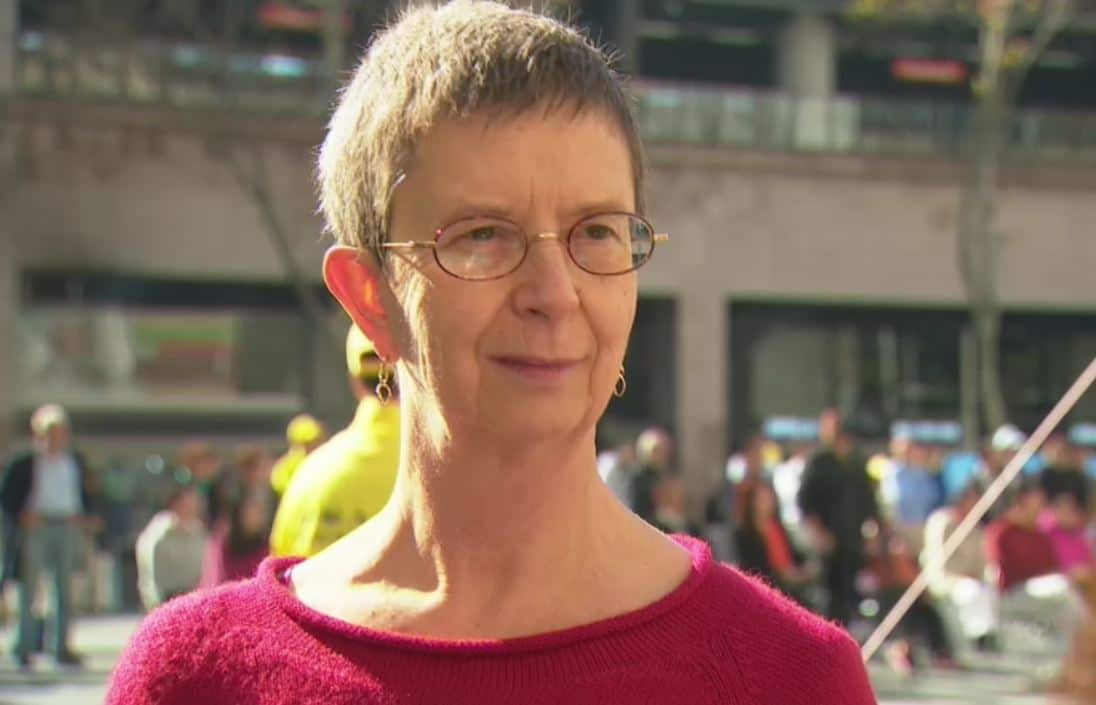
The tribunal heard reports of extraction of kidneys from executed prisoners from as far back as the 1970s. Most of the evidence though came from 2000 onward.
Ms Rogers says the extent of organ procuring is difficult to determine because of the secretive nature of the country.
"in my view, there are at least 50,000, potentially up to 90,000 transplants happening per year," she claimed.
"In the 2000s, the main victims were the Falun Gong but we are also really worried about the situation with the Uighurs because like the Falun Gong, they are been incarcerated, they are getting involuntary blood tests and the fate of many of them is unknown."
She believes the international community has turned a blind eye to the abuse because to acknowledge it, would be difficult to reconcile for many countries who have strong economic ties to China, including Australia.
Before the tribunal's final judgement was released, a spokesman for the Chinese embassy in London said in a statement: "We hope that the British people will not be misled by rumours."
'Why do they care about my organs?'
Mr Liu was one of those who gave evidence at the tribunal.
Although he didn't see any cases of forced organ procurement, he says he was tortured and subjected to regular blood tests and X-rays while in detention.
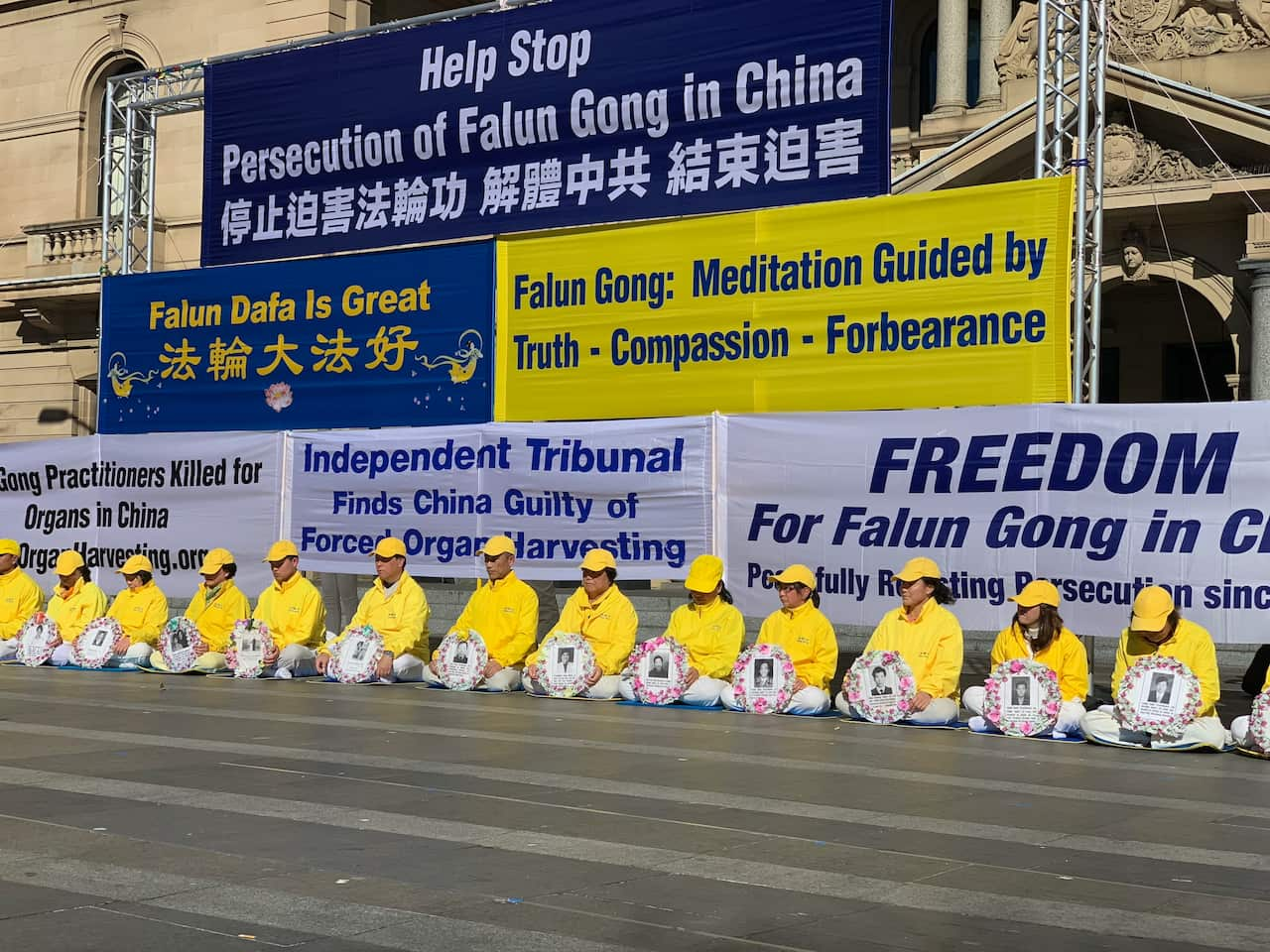
He also recalls an occasion where after he had been abused by an inmate a number of times, another ran into the cell to pass on a guard's order: "Do not damage his organs," he says he said.
"I was shocked," Mr Liu said.
"I remember thinking, why do they care about my organs when they don't even care about my health or wellbeing at all?"
Chinese officials say its law requires human organ donation be voluntary and without payment.
But Falun Gong practitioners disagree this is taking place.
"The persecution has lasted for 20 years, that's a long time, but we have not fallen down," Mr Huang said.
"We will continue our peaceful journey to eliminate persecution and we hope the international community can join us in this fight."
Would you like to share your story with SBS News? Email
